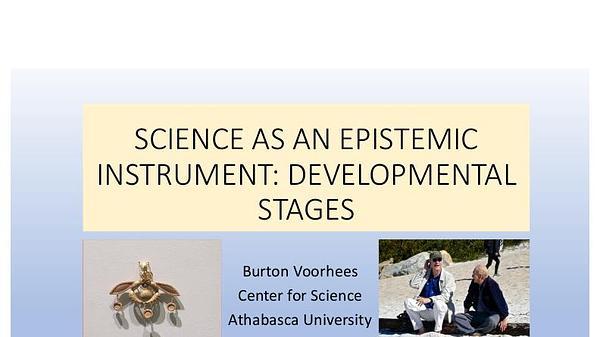Would you like to see your presentation here, made available to a global audience of researchers?
Add your own presentation or have us affordably record your next conference.
keywords:
transmission biases
dirichlet-multinomial
cultural evolution
chess
social learning
Abstract:
One of the major goals of cultural evolution is to understand the mechanisms of knowledge transmission. Chess provides a useful system for analyzing knowledge transmission, due to the availability of extensive records and the potential for precise characterization of cultural variants. We use long-term records of professional chess games to characterize transmission biases in players' move choices. Assuming that players use information about the games played previously by others, we build a statistical model that measures the influence of frequency-dependent, success, and prestige biases on move choice. Using the framework of Wright-Fisher population models, we represent these biases as "selection coefficients" determining the change in move frequencies from one year to the next. Analyzing three specific board positions, we observe that frequency-dependent bias plays a role in the dynamics of many moves and takes the form of anti-conformity. We also find that success and prestige biases have a significant effect on certain moves, and we connect these observations to chess theory and facts commonly known to professional players. We then discuss extensions of our approach to a larger set of positions and records of online play. Our analysis provides insights into broader questions concerning effects of biases on cultural transmission.
Speaker's social media:
Twitter: @egor_lappo. Bluesky: @egorlappo.me
